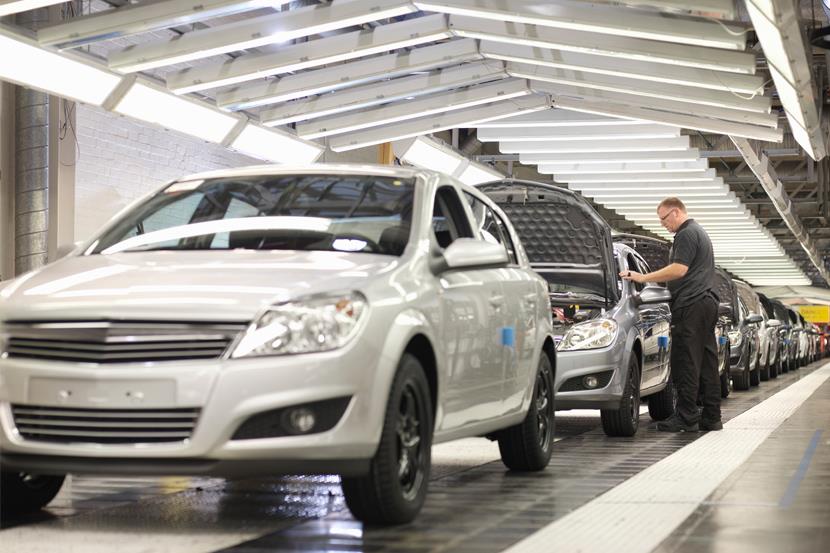Performance Lubricants for Automotive Applications
Krytox™ high-performance oils and greases are engineered to solve the lubrication demands of the automotive industry. These synthetic perfluoropolyether (PFPE) lubricants perform where other lubrication chemistries cannot. They prevent part failure in extreme conditions, increase service life of critical components, and reduce noise, vibration, and harshness (NVH) issues throughout the vehicle assemblies. These performance benefits allow automotive manufacturers to extend warranties and reduce issues for car owners.
Krytox™ formulations are tailored to individual automotive applications to perform in their unique operating conditions. Important variables when selecting a lubricant include the viscosity grade of PFPE oil (Based on International Organization for Standard [ISO]), the unique additives that provide varying degrees of anti-corrosion and/or anti-wear protection, and the amount and type of thickener used in grease formulations. Uses for the diverse portfolio of Krytox™ lubricants can be found in applications both under the hood, like viscous fan clutch bearings, alternators, and idler bearings; and all over the vehicle cabin, including weather stripping, latches, and air vents.
For a complete list of lubricants appropriate for automotive applications, please see our Krytox™ Lubricants automotive brochure.
Features and Benefits of Krytox™ High-Performance Lubricants
The Krytox™ oil and grease portfolio contains a solution for every challenge. Depending on the application performance needs, a grade of Krytox™ lubricants can be selected to deliver both low and high temperature performance, prevent wear and corrosion, reduce noise and vibration, and resist washout from weather and automotive fluids.
Krytox™ lubricants are ideal for use in automotive applications because they:
- Are chemically inert
- Are nonflammable
- Do not damage plastics or elastomers
- Do not cause corrosion to metals
- Are biologically and environmentally inert
- Contain no intentionally added volatile organic compound (VOC) or chlorine
- Are not hazardous to the atmosphere or ozone











